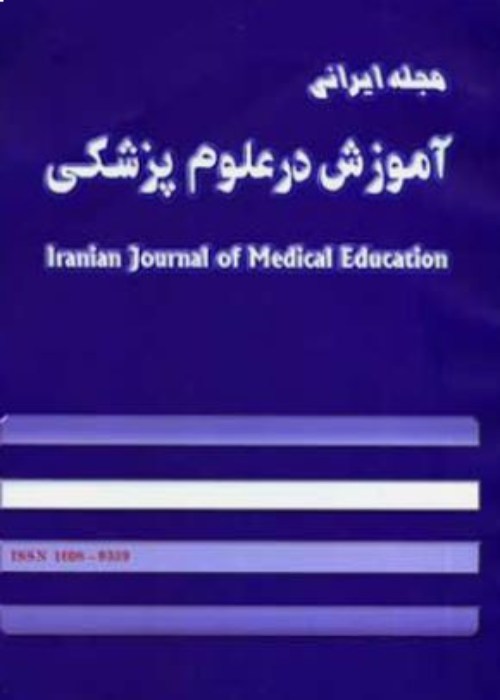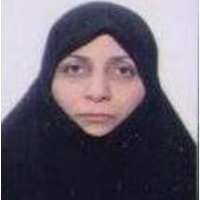Clinical Medical Teacher's Competency of Active Listening in Mashhad University of Medical Sciences
Active listening to the patient not only is an essential key to take necessary information and achievement in medical consultation, but also shows respect to the patient. Considering teachers as the role models of future physicians, making sure about their qualifications and abilities in creating an effective therapeutic relationship seems to be necessary. Therefore, this study investigated the competency of active listening to the patients among clinical faculties of medical school in Mashhad University of Medical Sciences.
In this descriptive cross-sectional study, the sample included 30 faculty members of medical school in Mashhad University of Medical Sciences that were selected randomly using stratified sampling method. Data gathering tool was ALOS global questionnaire that its content validity and reliability (α=.87) has been confirmed. Three hundred and thirty clinical consultations through structured non-participative method were observed and tape recorded, of them, 320 visits were analyzed. Data was analyzed by JMP4 software using nonparametric tests of Mann Whitney and Kruskal–Wallis. Spearman correlation coefficient and linear regression were used for analyzing quantitative variables.
It was revealed that 30% of faculty members had received no education on communication skills. The median for active listening was 2.57 (out of 5), the lowest degree of active listening was 1.43 and it was 5 at its highest. The mode of observations was ranked as seldom and sometimes categories in most variables of active listening. The active listening mean was significantly and negatively correlated with the number of booked appointments (r=-0.20, p<0.0004).
Clinical faculty members of Mashhad University of Medical Sciences rarely or sometimes showed active listening skills in their behaviors. Medical students learn interpersonal communication skills and observe professional ethic rules within clinical settings, as they follow professional behaviors of faculty members. Therefore, it is recommended to design mechanisms to consider these skills in faculty member appointment and promotion criteria as well as planning for conducting studies on standards of medical practice and its improvement.
- حق عضویت دریافتی صرف حمایت از نشریات عضو و نگهداری، تکمیل و توسعه مگیران میشود.
- پرداخت حق اشتراک و دانلود مقالات اجازه بازنشر آن در سایر رسانههای چاپی و دیجیتال را به کاربر نمیدهد.



